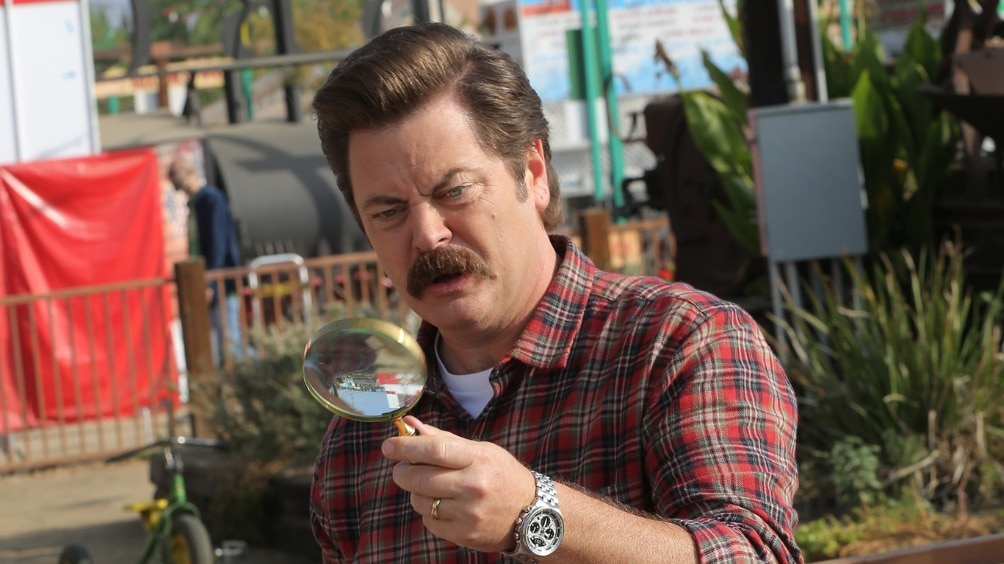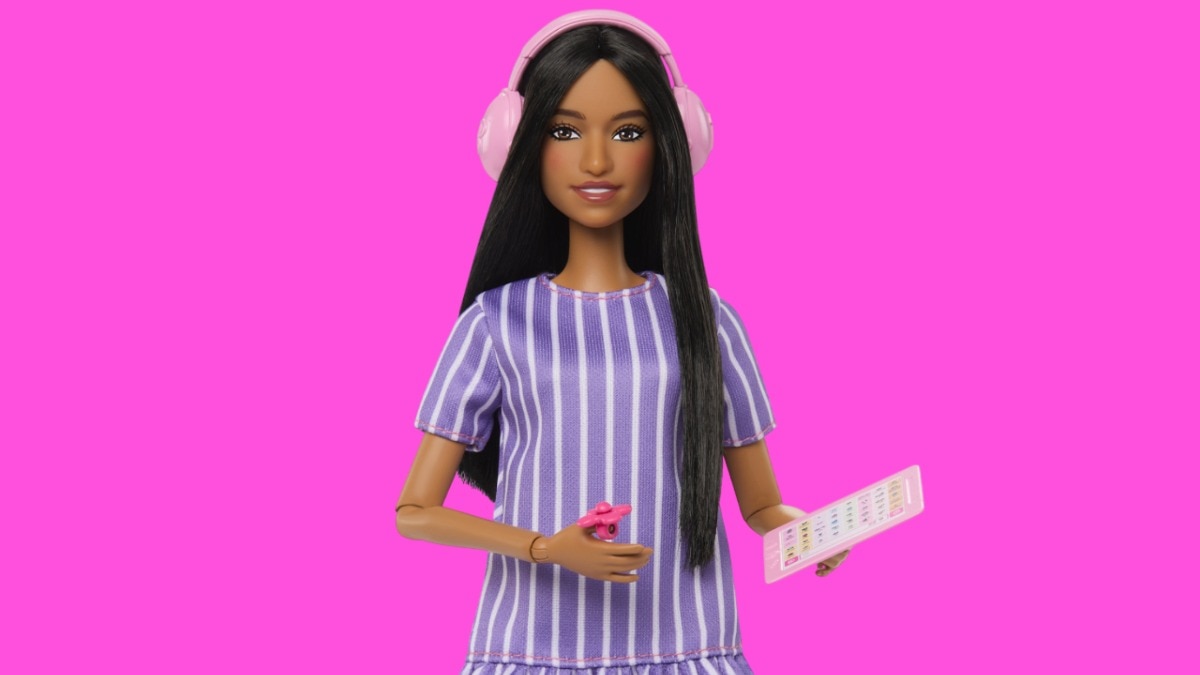Millennial doctor, Dr Cuterus debunks myths around sex, periods and more, one question at a time
Get the lo-down on how to stay sensitive, positive and forward about these talking points.


From “chums” to “those” days, periods, the most naturally occuring bodily phenomenon, have been concealed behind innumerable monikers for reasons that are awfully irrational and inarguably regressive. Did you know: women have conceived over 5,000 euphemisms for periods worldwide? And, these lamentably standpat state of affairs have been the same across generations—your mother and her mother have been following suit. But it’s about time that we bring a (much-needed) change for our betterment as well as the generations to come. Remember, this reformation is not only needed with respect to periods but to a larger picture conversation about vaginas, uteruses and the ‘S’ word a.k.a sex. A recent research reveals that 50 percent of individuals between 18 and 24 years of age are still not comfortable discussing sex openly in a relationship, while a 2019 research disclosed that about 71 percent of young girls weren’t aware of periods before they got their first menstrual cycle. However, it’s no secret that the Gen-Z is exceedingly advanced; the exposure to everything is uncontrollably high and immensely unmonitored, which means it’s paramount for every young individual to be aware of all the pros and cons, dos and don’ts before they indulge in any sexual activities or, perhaps, even if they wish to explore other mediums of menstrual hygiene products like cups and tampons.
We speak to the master of all trades (pertaining to all feminine—sexual and menstrual—hygiene and wellness), Dr Tanaya Narendra, who throws light on the rather undiscussed aspects of the female body.
PS: Bookmark Dr Narendra’s golden words on things that really matter … and thank us later.
Harper's Bazaar: What inspired you to use your social media as a medium for awareness and education? Was it, perhaps, the quantum of sexual illiteracy in India?
Tanaya Narendra: The reason why I chose social media as my primary platform for creating this educational content is accessibility—it’s very democratic and everyone has access to it. Most people in India have a phone today and using social media is free, so this felt (and feels) like the best way to reach the masses essentially.
HB: Why do you think words like ‘sex’, ‘vagina’, ‘periods’, and company have been taboo in Indian households? And, what have been its dangerous repercussions over the years?
TN: This is because anything to do with a woman’s bodily function has been very, very taboo not just in India, but globally. And, this has had very significant consequences on us. For instance, women delay seeking out care and don’t get enough medical attention for their needs because simply calling out these terms is considered “bad”. Remember, the minute you categorise something as taboo, myths about it start cropping up in no time. For example, the parallel I always draw is the “Area 51” phenomenon in the USA; the government doesn’t really address it and because it’s such a hush-hush matter there, people start drawing lines between Area 51 and aliens now. Similarly, because we don’t talk about periods, people can get away with saying things like “Stay aloof when you’re on your period”, “Don’t touch vessels and food in the kitchen” and whatnot. And, sadly, the lack of conversations about the topic doesn’t let anyone dispel these things.
HB: At what stage in life do you think a woman should pay her first visit to a gynaecologist and how does that help?
TN: You should ideally pay your first visit to a gynaecologist after you’ve had your first or second period, basically when you’ve started getting your menstrual cycles regularly because you can understand things about periods the way they should be explained from a gynaecologist, see if everything is okay, they can help you with painkiller prescriptions if needed or if you need any guidance about how your body works during periods. Unfortunately, a lot of people end up going to a gynaecologist only when they face an issue, and most likely, women only see a gynaecologist when they’re pregnant. But, the moment you turn 21, you can see a gynaecologist regularly and get timely pap smear tests done. And, of course, see a gynaecologist as soon as you get sexually active.
HB: Talking about misconceptions, there are many when it comes to periods in our country—from myths like women are impure during those days to the hesitation towards tampons and menstrual cups. What do you have to say about that?
TN: There are a lot of myths about menstruation. As mentioned earlier, they can be attributed to the topic being classified as taboo, because there’s nobody to address or demystify those myths for women at large. It’s been a huge disservice to womankind in a sense because there’s no place to go and seek answers and the right information against all the myths and concerns that have been floating around periods which is a very normal and natural routine for women.
HB: Let’s talk about periods a bit more; PCOS and other hormonal conditions are on an all-time rise. Why do you think more and more people are getting detected with this and what are the basics that women should know about to keep away from compromised health later in life?
TN: There are two main reasons behind the increasing diagnosis of PCOS—first, we finally have sensitive hormonal tests; we weren’t able to detect this level of hormonal fluctuations up until some time back, ever in human history…it’s an absolute marvel. Secondly, more and more people are visiting gynaecologists for period-related concerns, which is something no one really indulged in, or even considered previously. This has transpired into immaculate diagnosis as well as excellent accessibility to medical care for any and every issue that you’re facing, even in the most minute capacity. It’s not like the condition [PCOS] is increasing in women by the day, timely detection and diagnosis (of it) is. It’s good to be aware of your menstrual cycle and how your body behaves during that time, so as to let you identify any out-of-the-ordinary irregularities in your body’s behaviour when you’re on your period.
HB: Today, there are a bunch of sexual wellness and sex toy start-ups. What, according to you, does that say about the shift in how self-pleasure and sex are perceived?
TN: Firstly, that’s brilliant; we’ve come so far from where we were. Even if we talk about the last five years, there was just one sex toy brand or purchasing portal, I Am Besharam, but today we have a slew of homegrown brands (think MyMuse, That Sassy Thing and company) that are manufacturing a variety of sex toys which is so commendable because that indicates that Indians are finally putting pleasure on the map and they’re caring about this thing that really matters. I have to admit, it’s really exciting!
HB: You are an advocate of the HPV vaccine—tell us about it, what is it and why should every woman pursue it.
TN: HPV (short for human papillomavirus) is a group of viruses; there are roughly 200 kinds. Four out of them are very strongly linked to cancer of the cervix (also called cervical cancer). In case you’re living under a rock, the cervix is the bottom part of your uterus and cervical cancer is the most common type of cancer amongst rural women in India and the second most common type amongst urban women in India. The thing with cervical cancer is that the symptoms are relatively vague—you’ll sense heaviness in your tummy, experience abdominal discomfort and common issues like that. So, a lot of people do not get diagnosed with it until it’s too late. Cervical cancer and other related cancers like that of the vulva, vagina and anus are the rare ones, all caused by the HPV viruses, by the way, that can actually be prevented by a simple vaccine. More than 90 percent of all cases of cervical cancer go back to the HPV virus, so why not prevent it if we have complete power to do so? No matter what gender group you belong to or identify as, get the HPV vaccine for your well-being. It’s freely available and widely accessible too, so what’s stopping you?
HB: Feminine hygiene, as a market, is booming. Does one really need a “vaginal” wash and wipes?
TN: You don’t really need a vaginal wash or even soap for that matter, using plain water is just enough. If you really must, dilute a mild, fragrance-free soap or a gentle toxin-free face wash in some water and you can use that mix. The Cetaphil cleanser is a good option if you must use one. However, remember, you’d be cleansing your vulva with that; the vagina, which is a self-cleansing organ needs nothing besides water. Avoid all kinds of wipes unless you’re in a situation where you just can’t shower and please make sure you’re carefully going through all the ingredients to keep away from wipes that contain potential irritants like fragrances, actives and more. PS: I write about this extensively in my debut novel Dr Cuterus.
HB: Speaking of feminine hygiene, what are some before and after sex tips to keep away from potential infections or mishaps?
TN: The most basic, simple yet critical tip is to use condoms and get tested for STIs every time you indulge sexually with a new partner. Do not forget to pee after sex and that’s about it.
HB: Are there any period hygiene tips from a doctor’s POV that women are still unaware of?
TN: I would urge you to change your period products within 8 hours, even if it is not fully saturated, unless you’re using a menstrual cup that can be used for up to 12 hours. It’s okay to wash your hair and shower on the first, second and every day of your period—don’t give into any myths or orthodox beliefs and practices.
HB: What is the right way to check the health of your breasts and vagina at home?
TN: Do a monthly breast examination, ideally a week after your period because they’re not tender or extra sensitive from any period-centric hormonal fluctuations. Doing that is very simple; move your breasts in an ABC fashion—A is for the armpits, B is for the breast and C is for the collarbone; check these three areas always. The vagina usually takes care of itself; if anything is very strange, surprising or unusual, go see a doctor anyway, that’s the best solution.
HB: What, in your opinion, is an effective way of demystifying the fog around both—women's sexual health and sexual needs furthermore?
TN: Talk, talk, talk…that helps dismiss any and all shame around them.
HB: Lastly, what are the boxes that you wanted to tick through your book?
TN: Firstly, I wanted to make people more aware of their bodies and help them understand what’s normal because most of our bodies are normal but the media and other sources have made us believe otherwise. Secondly, I wanted to talk about contraception, it demands nuanced conversations and cannot be covered across a few reels. I hope my book empowers people with information about their contraceptive needs and what choices they can make and also debunk any myths around it. I also want people to love their bodies a bit more because the human body is magnificent and we can all show our bodies some love.










